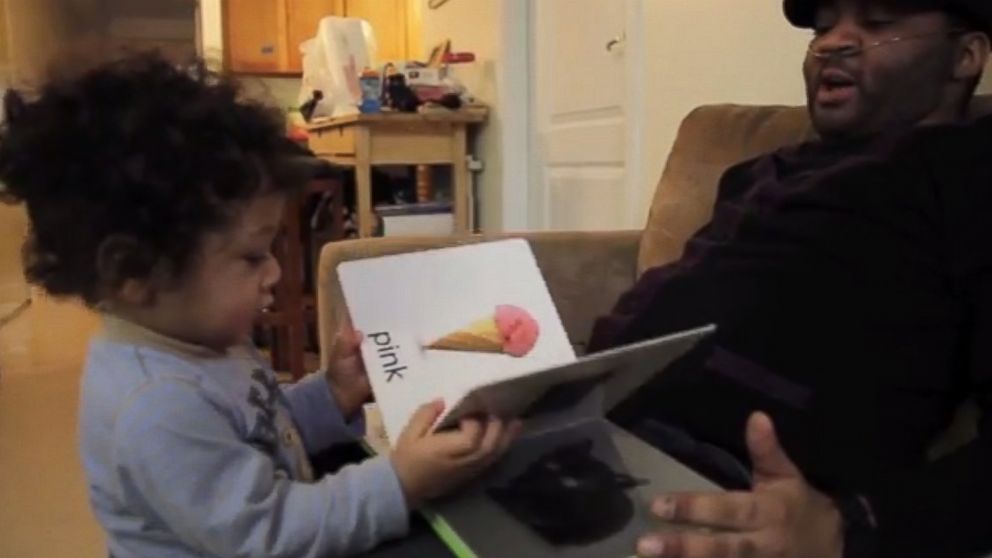Born with HIV, Life at Age 29

Dec. 1, 2013 — -- When Lamont Valentin was a kid, no one had to tell him to keep his HIV status quiet. He just knew.
"It was something that was a secret, that you couldn't' share," said Valentin. "Even if they didn't tell you, you could feel it."
Valentin was born HIV positive in 1984, his mother died six years later and Valentin entered the foster care system.
As Valentin grew up, the adults in his life warned him he probably would never live to adulthood.
But then something happened with HIV medications. In the mid 1990's, after years of fits and starts, new medications taken together in a drug cocktail, started to show promising results in HIV and AIDS patients.
While some people showed remarkable progress after taking the new medications, for Valentin the change in his disease was slow and steady.
"Think of HIV as being in the boxing ring," said Valentin. "You have one [medication] punching HIV and it's doing a good job but not a great job and then you get another guy who is better. [The medicine] was able to beat the HIV down more and more and more."
Bono Puts on Auction to Fight AIDS
Each new medication helped Valentin manage his disease until it was no longer a death sentence, although pneumonias and asthma were a staple of his childhood.
"My HIV never grew, it never got smarter, it got dumber," said Valentin. "Right now my HIV is at the dumbest form that it can be because it doesn't replicate. [But] You gotta keep punching it."
In spite of what he heard as a child, Valentin got to grow up. He finished school, met his wife and had a son named Mason. Both his wife and son are HIV-negative. His viral load is currently undetectable and his t-cell count is stable.
But on the 25th anniversary of World AIDS Day, Valentin has a difficulty fully celebrating how far the medical world has come to treat HIV.
Although he was able to grow up, HIV has still irreparably affected his health.
Just before the birth of his son, Valentin became extremely ill with pulmonary hypertension and chronic obstructive pulmonary disease (COPD), which were the cumulative effect of his pneumonias and other lung afflictions he had growing up.
As a result he remains on oxygen 24 hours a day and now needs a lung transplant to survive.
HIV, the disease that was supposed to kill him at as a child is basically completely managed by daily medication, but it is still affecting his health in unexpected ways.
Due to Valentin's HIV status, doctors in New York have been unwilling to put him on the transplant list.
"It's so tiring. All my life all I've been doing is fighting," said Valentin. "Sometimes you want to relax and get a vacation. I don't get a break. I don't get a break at all."
While doctors in other states have said they may be able to work with Valentin, his young family and limited financial resources have made moving extremely difficult.
Currently Valentin's friends have helped him set up an online fundraiser for medical costs, so that he can hopefully visit with a doctor who will agree to put him on the transplant list.
A law passed earlier this month, may help Valentin by allowing the study of HIV positive organ donors for HIV positive recipients. It could potentially provide a donor pool that would be specifically for HIV positive recipients and that could make a lung transplant for Valentin more likely.
Called the HOPE Act, the law is indicative of how far society has come in helping the HIV/AIDS population, said Dr. Joel Gallant, Chair of HIV Medical Association.



